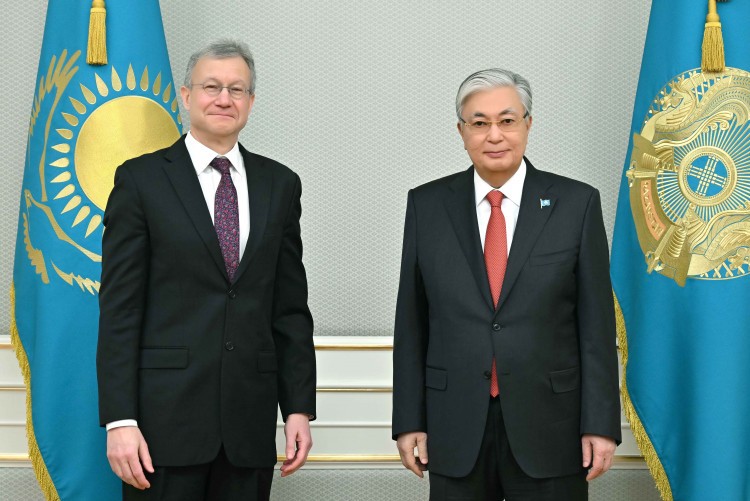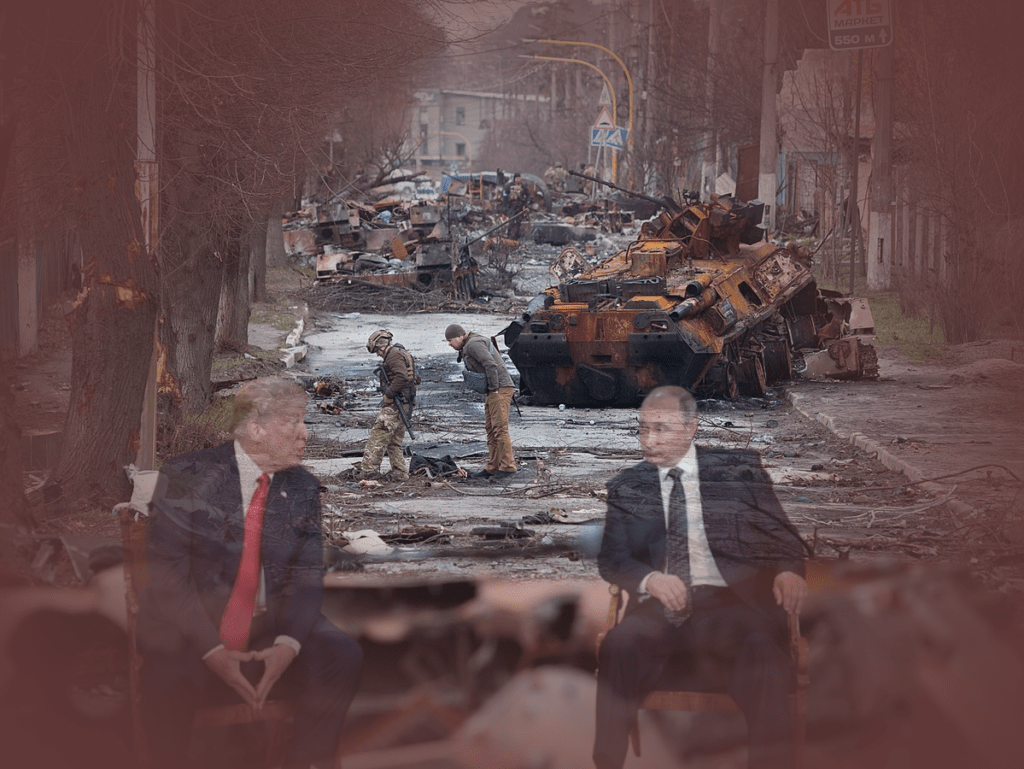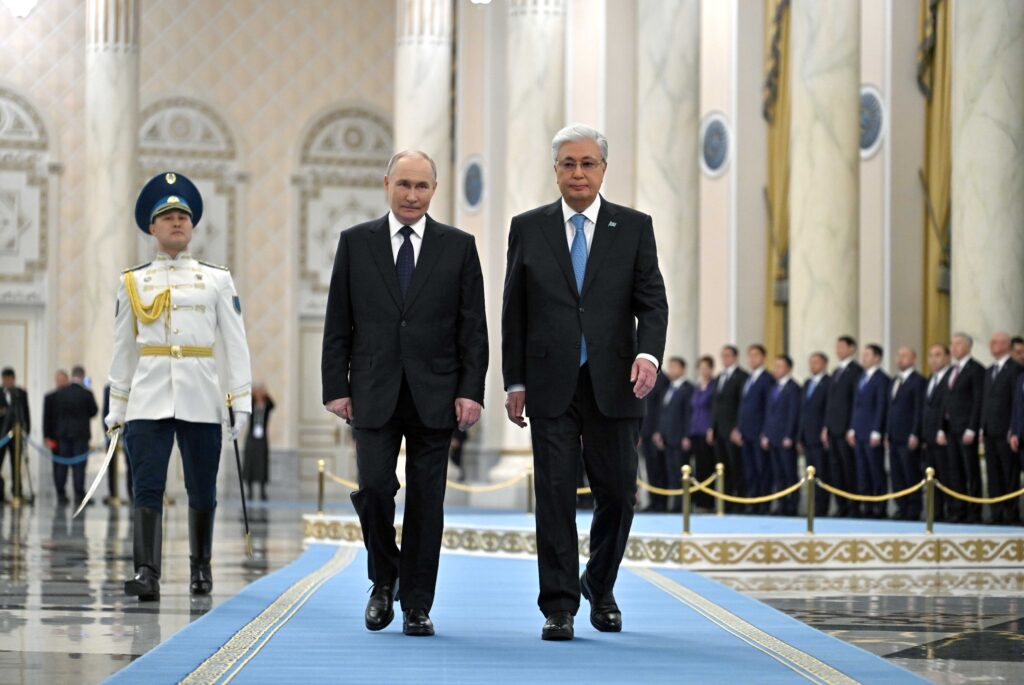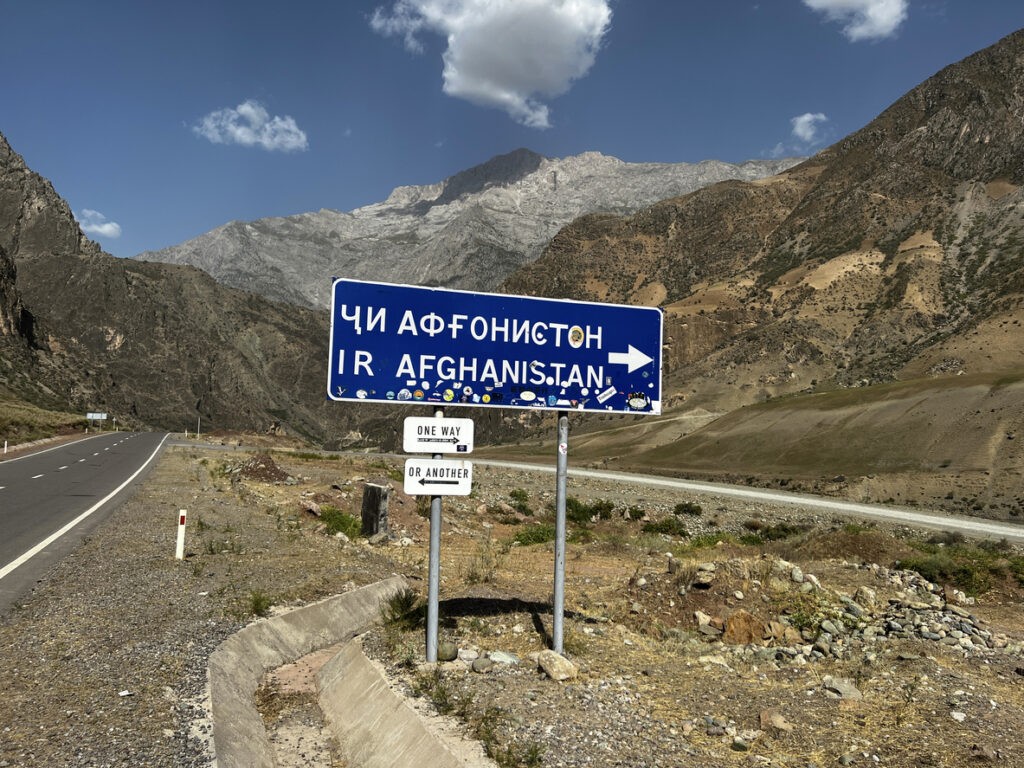U.S. Ambassador to Kazakhstan Daniel Rosenblum Resigns
U.S. Ambassador to Kazakhstan Daniel Rosenblum has announced his resignation, effective January 20, 2025. His departure coincides with similar resignations by U.S. Ambassadors Philip Goldberg in South Korea and Mark Libby in Azerbaijan, all stepping down from diplomatic service. The timing of these resignations has sparked speculation, as it aligns with the start of a new presidential term for Donald Trump. End of a Distinguished Career Rosenblum informed the Kazakh government of his decision on November 26, concluding a nearly 28-year career with the U.S. State Department. He has served as Chief of Mission in Kazakhstan since November 2022, representing the United States through five presidential administrations and eight secretaries of state. “It has been a tremendous honor to serve as U.S. Ambassador to Kazakhstan. I have developed a deep respect for the country’s culture, traditions, and people,” Rosenblum said. Under his tenure, bilateral relations flourished, with progress in trade, investment, cultural exchange, university partnerships, and security cooperation. Rosenblum also emphasized his admiration for Kazakhstan’s family-oriented values and expressed optimism about its future: “Kazakhstan’s future is bright, and its opportunities are virtually limitless because the country is built on strong family traditions,” he remarked. While Rosenblum plans to retire from the State Department, he expressed a desire to return to Central Asia, possibly as a tourist or in another capacity. Transition at the U.S. Embassy Deputy Chief of Mission Deborah Robinson will serve as Chargé d’Affaires until a new ambassador is appointed and confirmed. The U.S. Consul General in Almaty, Michelle Erkin, will also continue her work. Rosenblum’s predecessor, William Moser, ended his term in September 2021, preceding Rosenblum’s appointment in late 2022. Resignations in South Korea and Azerbaijan Rosenblum’s resignation coincides with similar announcements by Philip Goldberg, U.S. Ambassador to South Korea, and Mark Libby, U.S. Ambassador to Azerbaijan. Goldberg, who has served in diplomatic roles for nearly 35 years, plans to step down in January 2025. His tenure in South Korea began in July 2022, during the administration of President Yoon Suk-Yeol, and was marked by efforts to strengthen the U.S.-Korea alliance and enhance trilateral cooperation with Japan. Mark Libby’s resignation reflects similar timing, with discussions focusing on the alignment of these departures with the return of Donald Trump to the U.S. presidency. A Broader Diplomatic Crisis? These resignations occur against the backdrop of challenges in the U.S. diplomatic service, highlighted in a report by the Senate Foreign Relations Committee. The report detailed staffing issues during Trump’s first term, with several key State Department positions either unfilled or held by interim appointees. The conclusion of Rosenblum’s distinguished career marks the end of a productive chapter in U.S.-Kazakh relations, leaving his successor with the task of continuing to foster this important bilateral partnership.






